At an average cost of $60,000, most of today’s battery-electric vehicles fall into the luxury category — and that’s one reason why the growth of the EV market has slowed down this year. But as we head into 2024, motorists who want to go electric could soon find more affordable options.
Tesla may be the largest EV brand, but its rate of growth has begun to slow in recent months, and the lack of affordable options gets some of the blame — as it does for the fact the overall EV market share has flattened out this year.
The Texas-based automaker has long promised to target something in the $25,000 range — less than half the $60,000 average that EV buyers are paying today. After failing to come close with the current Tesla entry nameplate, the Model 3, it now appears reasonably priced options could be on the way, at least based on recent comments by CEO Elon Musk, during an appearance on the Munro Live podcast on YouTube. The project, he said, is “very advanced,” though he didn’t offer a target date for production.
Tesla is by no means the only automaker hoping to break into more affordable price segments with their EVs, which generally means somewhere under $30,000, and even below $25,000. Among the manufacturers that have announced plans — and, in some cases, shown off concept versions — are General Motors, Kia, Hyundai and Volkswagen.
Limited options
“Expanding the price points at which buyers can get into electric vehicles will help make them more accessible,” said Stephanie Brinley, principal auto analyst with S&P Global Mobility.
There are just a handful of options today falling into the under-$30,000 class. That starts with the latest version of the Nissan Leaf. The first mass market EV, it starts at $28,140 — before factoring in delivery fees and incentives — but it provides a meager 180 miles range, according to the EPA. Other entry offerings we’ve seen from brands like Mazda, Mitsubishi and Mini have failed to excite buyers due to similar limitations.
The problem with the (lastest) Mini is its range, only about 150 miles,” said Sam Abuelsamid, chief auto analyst with Guidehouse Insights. “People would be a lot more comfortable if they could get it to 200.”
More coming
GM did manage to hit both targets with the Chevrolet Bolt EV which started out at $26,500 and yet offered 259 miles range. But it this month ended production of the hatchback, as well as the larger, and more expensive Chevy Bolt EUV SUV.
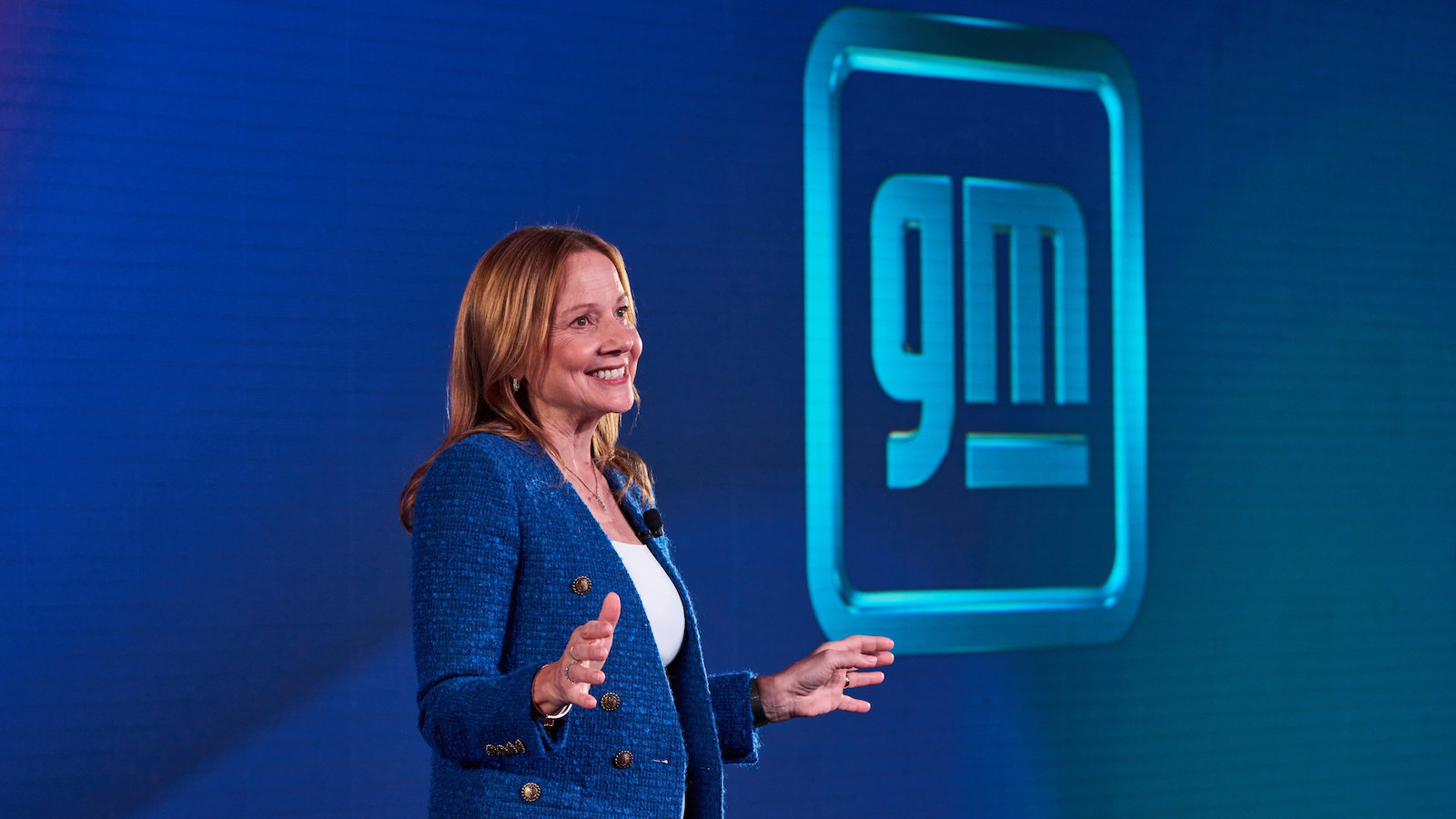
General Motors Chair and CEO Mary Barra told confirmed a new Chevrolet Bolt, using the company’s Ultium technology, is on the way.
For Bolt fans, the good news is that GM CEO Mary Barra has revealed plans for an all-new Bolt, though details have been sparse. It’s known the next-gen EV will migrate to the automaker’s new Ultium technology, along with other models like the Chevy Bolt EV. Meanwhile, as Headlight.News recently reported, it’s expected to adopt a crossover-style design, more like the Bolt EUV. From a price perspective, it will slide in under the upcoming Chevrolet Equinox EV which Barra has said will start at $30,000.
At the LA Auto Show in November, meanwhile, Kia revealed a pair of all-electric concepts, including the EV3. Several insiders told us the show car will reappear in production form and should be much more affordable than the existing EV6 which starts at $42,600. The South Korean carmaker’s sibling brand, Hyundai, is also working on a more affordable package, the Ioniq 2. It will slot in under the newly redesigned Hyundai Kona EV, with its base price of $34,000.
Volkswagen is also aiming for mass market acceptance with products priced below the $37,495 base MSRP for the current ID.4 line. It recently launched the ID.2 at around $26,000 in Europe, and will follow with the ID.2all, also expected to come in under $30,000. But there currently are no plans to bring either model to the U.S.
More EV news
- Next-Gen Chevy Bolt Only Come in EUV Form
- Hyundai’s Ioniq 2 Could Be the Low-Cost EV the Market Needs
- Kia’s EV Future Could be an Affordable One
Tesla’s “revolution in manufacturing”
“I review the production plans for that every week,” Musk told Sandy Munro, automotive engineering expert, as they discussed plans for Tesla’s promised entry model during Munro’s podcast.
To drive down costs, the automaker is working on major breakthroughs in manufacturing, along the lines of the large-scale aluminum castings used in the Models 3 and X that replace traditional stamped steel parts and reduce both labor and investments in automation.
“The revolution in manufacturing that will be represented by that car will blow people’s minds,” Musk declared. And, in conversations with other industry leaders, it’s clear that major changes in the traditional automotive production process will be needed to bring down prices.
EVs are actually much simpler to build than conventional gas-powered models, meaning less labor, among other things. The challenge will be simplifying the process even more in order to offset the one part of an all-electric vehicle that is substantially more expensive.
Battery breakthroughs
The battery pack is the single most expensive part of an EV, notes analyst Abuelsamid. And that’s where much of the industry’s attention is focused on. The challenge is to both lower costs, even while increasing range.
There are a variety of promising solutions in the works, most notably the solid-state batteries that Toyota, for one, hopes to begin putting into some of its EVs as early as 2026 or 2027. This technology eliminates the liquid electrolyte found in traditional batteries, reducing not only cost but also weight. They’re expected to be more powerful — and faster to charge — than today’s lithium-ion cells.
For the moment, several manufacturers, including Tesla and Ford, are turning to another alternative, the lithium-iron phosphate battery. LFP cells are notably less expensive than lithium-ion technology, though they do sacrifice some range.
Timing
With the end of the Chevy Bolt’s production run, the list of truly affordable EV options will actually be slimmer as we enter 2024. The replacement appears to be at least a year off, though Chevy will add a base version of the new Equinox EV at just over $30,000 next year.
If you’re looking for something under that price tag that will deliver at least 200 miles range you may have to wait a bit, but we’re likely to start seeing more options as we approach 2025, industry analysts anticipate. That should include what is expected to be called the Tesla Model 2.
Such products can’t come soon enough, automakers as anxious as potential EV buyers. From 2019 through early 2023, the EV share of the U.S. retail new car market surged from less than 1% to about 8.5%, according to J.D. Power — and sales will top 1 million for the first time in 2023.
But demand has been flattening out in recent months, said Power’s data and analytics chief Tyson Jominy. And the only way to get momentum building again, he believes, is to start going after the heart of the auto industry from a pricing perspective, with long-range offerings priced at under $30,000.

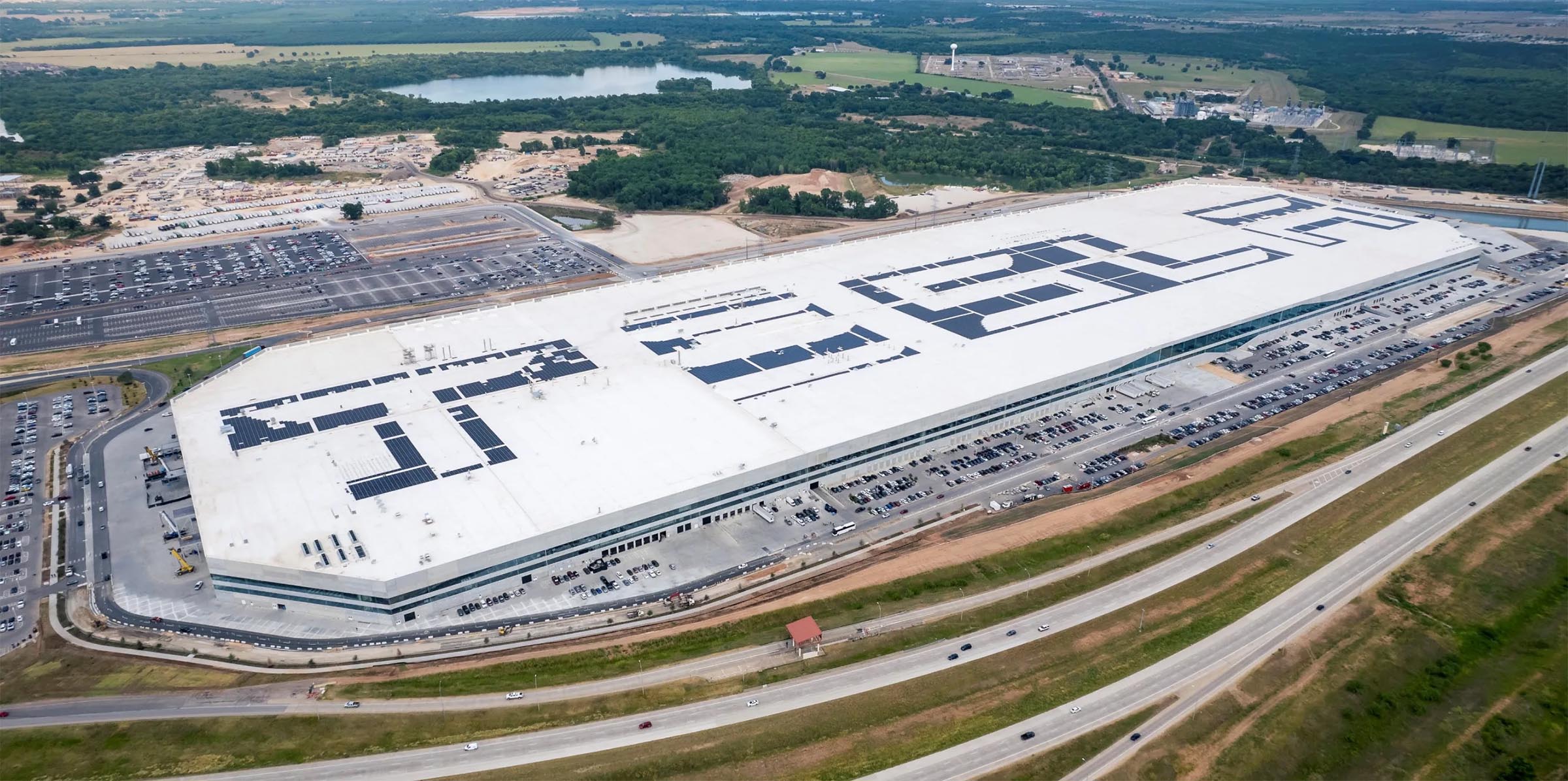
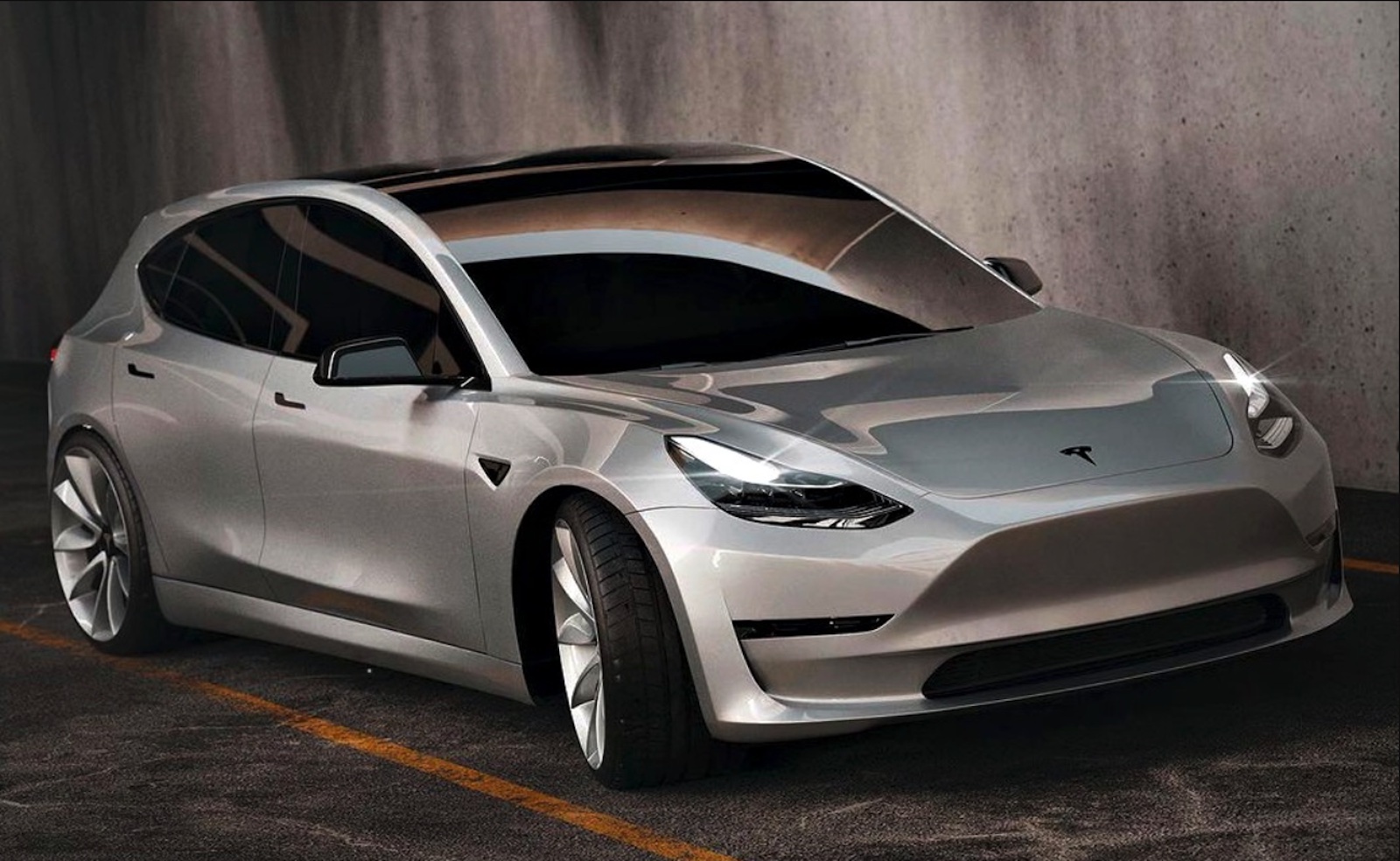
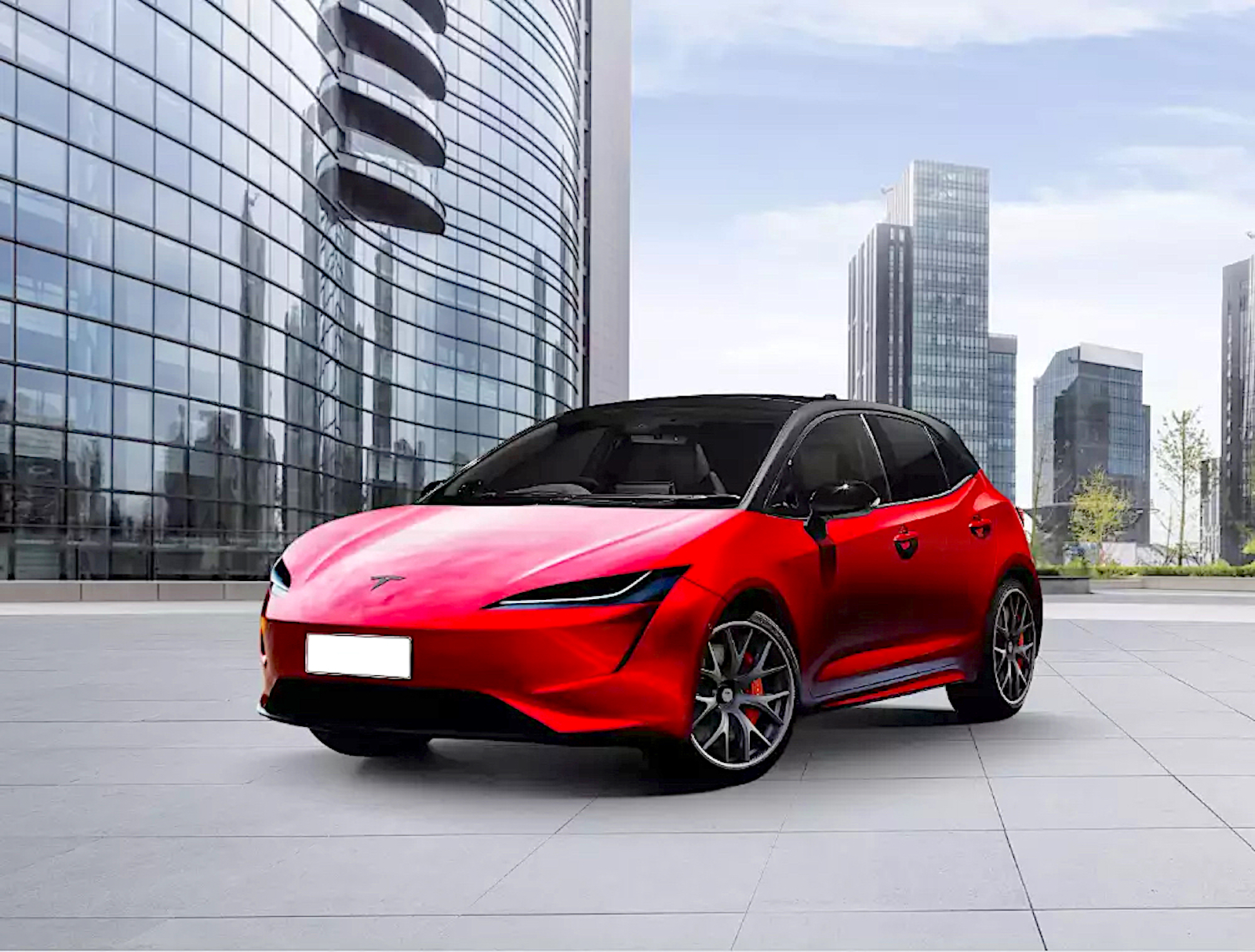
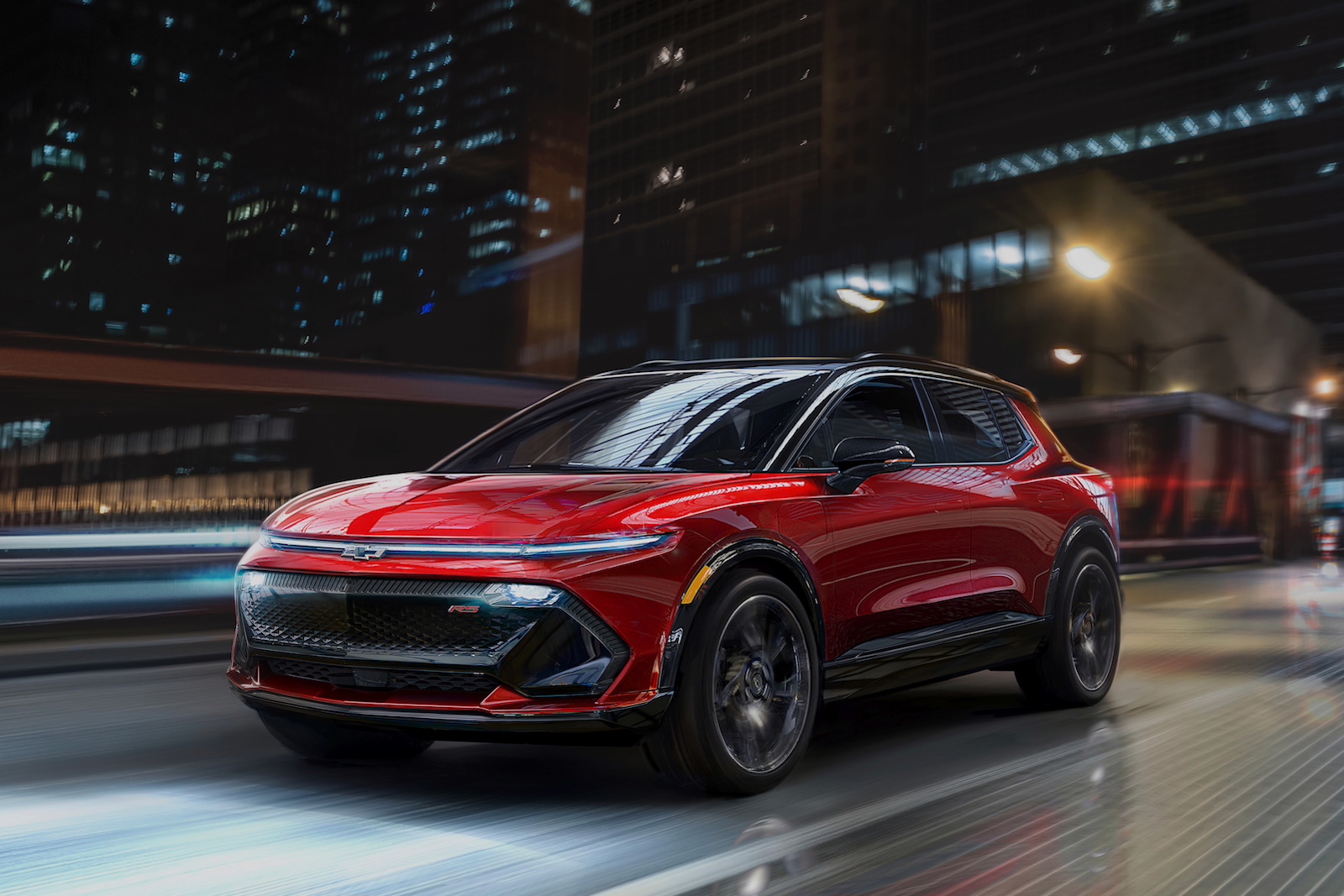
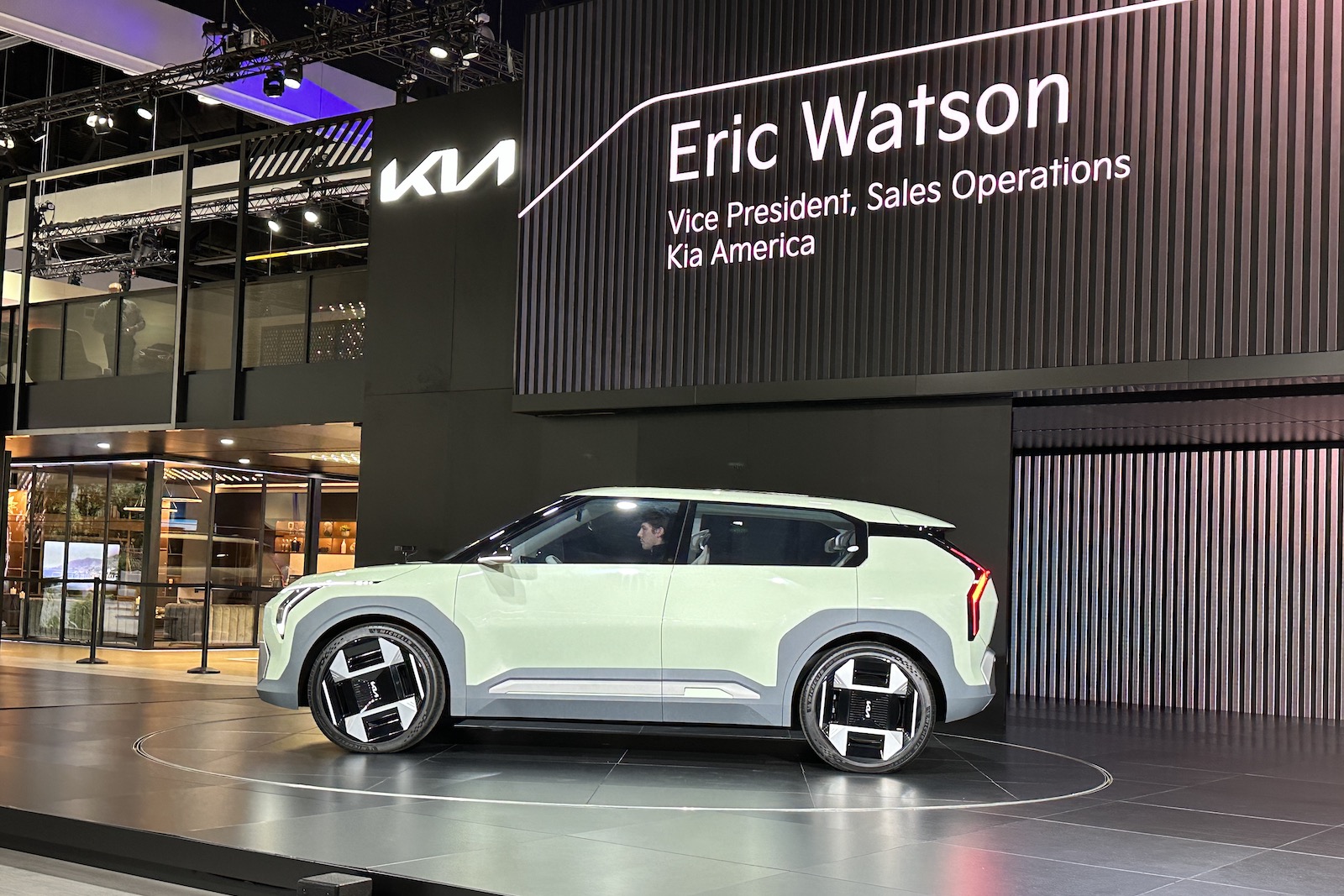
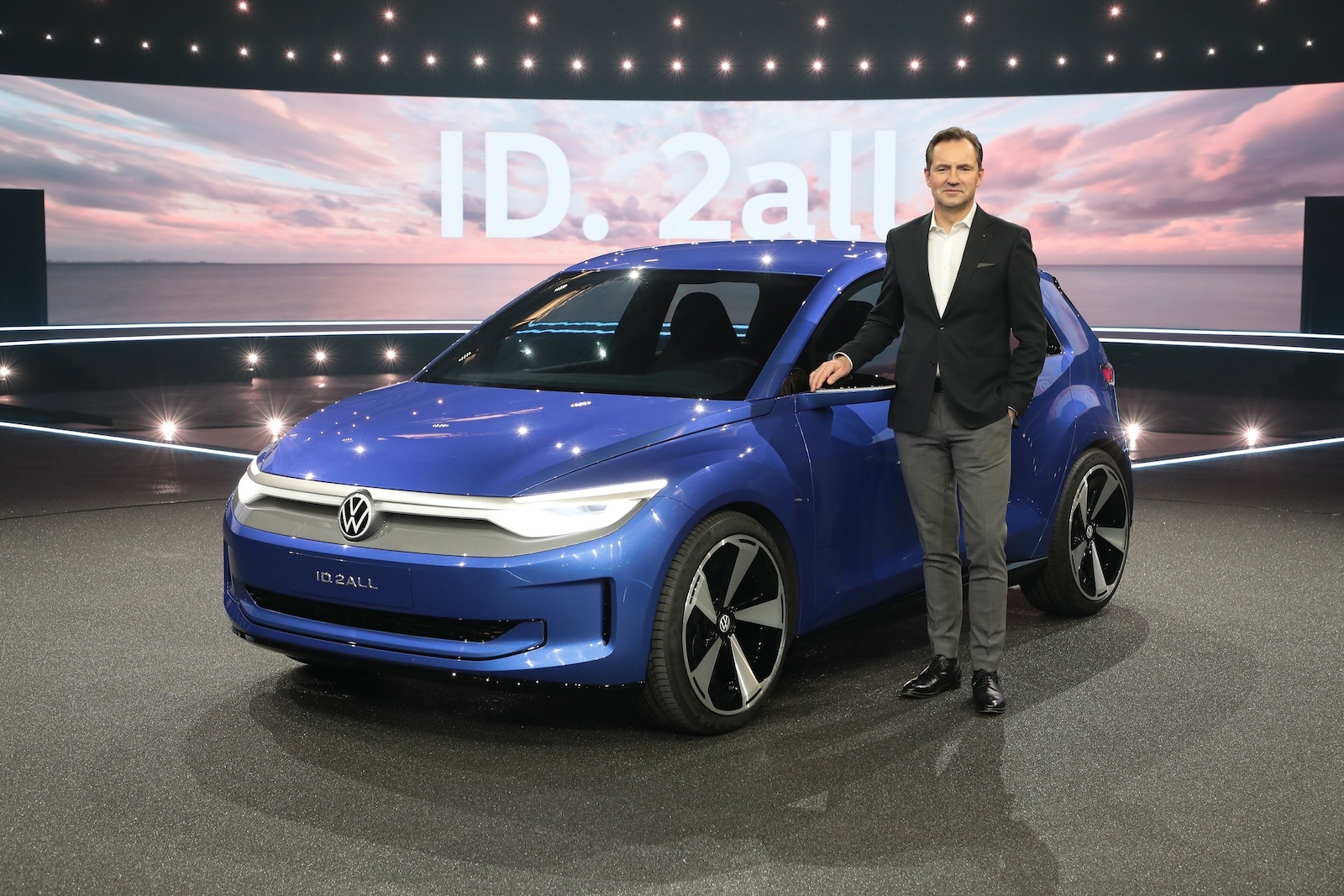



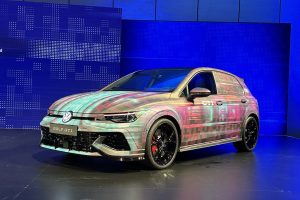
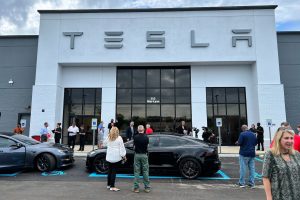
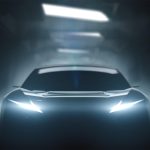

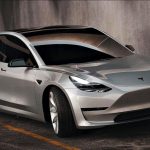
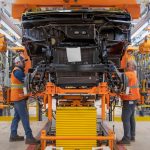
0 Comments